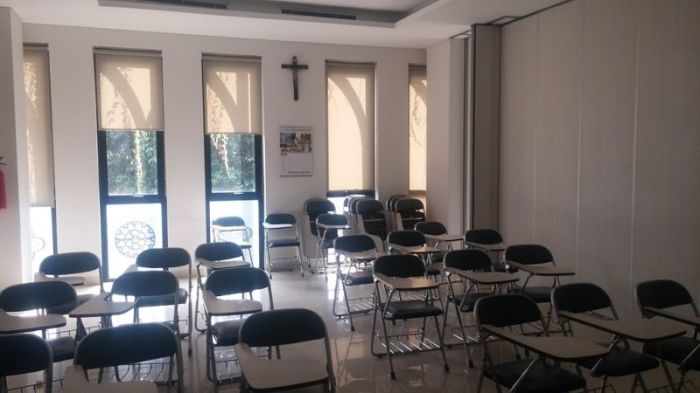Supreme Court strikes down state ban on public aid to religious schools

The U.S. Supreme Court has ruled that religious schools can qualify for a state tax credit program even when the state constitution explicitly bans public aid to religious entities.
In a decision released Tuesday morning, the high court ruled 5-4 in Espinoza v. Montana Department of Revenue that parents could take advantage of a public scholarship program to send their children to religious schools.
Chief Justice John Roberts delivered the opinion of the court, being joined by Justices Clarence Thomas, Samuel Alito, Brett Kavanaugh, and Neil Gorsuch.
Roberts noted that the high court has “held that the Establishment Clause is not offended when religious observers and organizations benefit from neutral government programs.”
“Montana’s no-aid provision bars religious schools from public benefits solely because of the religious character of the schools. The provision also bars parents who wish to send their children to a religious school from those same benefits, again solely because of the religious character of the school,” wrote Roberts.
“A State need not subsidize private education. But once a State decides to do so, it cannot disqualify some private schools solely because they are religious.”
Justice Ruth Bader Ginsburg authored a dissenting opinion, being joined by Justice Elena Kagan. Justices Stephen Breyer and Sonia Sotomayor also wrote dissents.
“The no-aid provision can be implemented in two ways. A State may distinguish within a benefit program between secular and sectarian schools, or it may decline to fund all private schools,” wrote Ginsburg.
“The Court agrees that the First Amendment permits the latter course … Because that is the path the Montana Supreme Court took in this case, there was no reason for this Court to address the alternative.”
The Becket Fund, a religious liberty law firm that represented the plaintiffs, celebrated the ruling as a victory over Blaine Amendments, which prohibits funding religious institutions, including schools, and which several states have in place.
“Bye-bye Blaine! #SCOTUS just ruled that anti-religious Blaine Amendments are unconstitutional, making it clear that religious organizations cannot be treated as second-class citizens when it comes to widely available public benefit programs,” tweeted the group.
Rachel Laser, head of Americans United for Separation of Church & State, denounced the decision as “unprecedented” and said it “looks like it's forcing taxpayers to fund religious education.”
In 2015, Montana passed Senate Bill 410, allowing tax credits for donations of up to $150 to either private school scholarships or educational programs in public schools.
Originally, Montana’s Department of Revenue barred religious schools from the program, citing Article X, Section 6 of the state constitution, which banned “any direct or indirect appropriation or payment from any public fund or monies … to aid any church, school, academy … controlled in whole or in part by any church, sect, or denomination.”
However, three mothers filed suit against the government wanting to use the program for religious schools, getting a trial court victory which lifted the “no aid” ban.
In December 2018, the Montana Supreme Court opted to strike down the program due to it allowing for religious schools to be included, arguing that it violated the state constitution.
“We conclude that Montana’s Constitution more broadly prohibits ‘any’ state aid to sectarian schools and draws a ‘more stringent line than that drawn’ by its federal counterpart,” concluded the state’s high court.
“The Legislature, by enacting the Tax Credit Program, involved itself in donations to religiously-affiliated private schools … The Legislature, by enacting a statute that provides a dollar-for-dollar credit against taxes owed to the state, is the entity providing aid to sectarian schools via tax credits in violation of Article X, Section 6.”
In January, the U.S. Supreme Court heard oral arguments in the case, with Becket Senior Counsel Diana Verm telling The Christian Post at the time that she “thought that the argument went well.”
“It was clear that at bottom, the justices realized that this case is about religious discrimination, and they grappled with the question of whether the state can take away a state benefit just because people can use that benefit at a religious school,” said Verm.




























